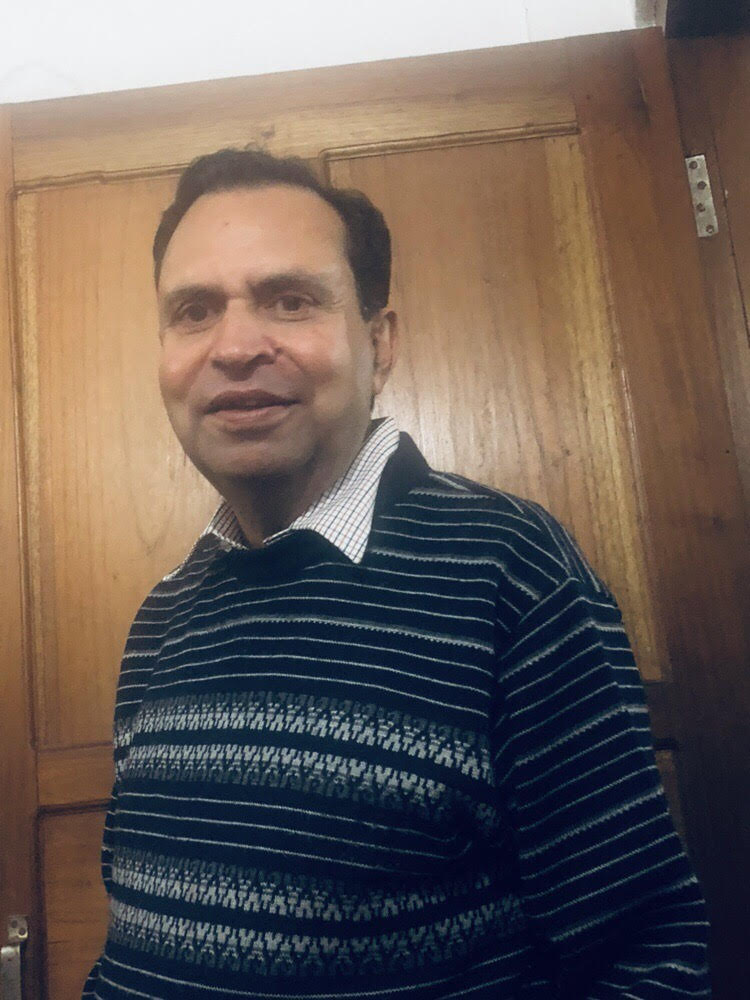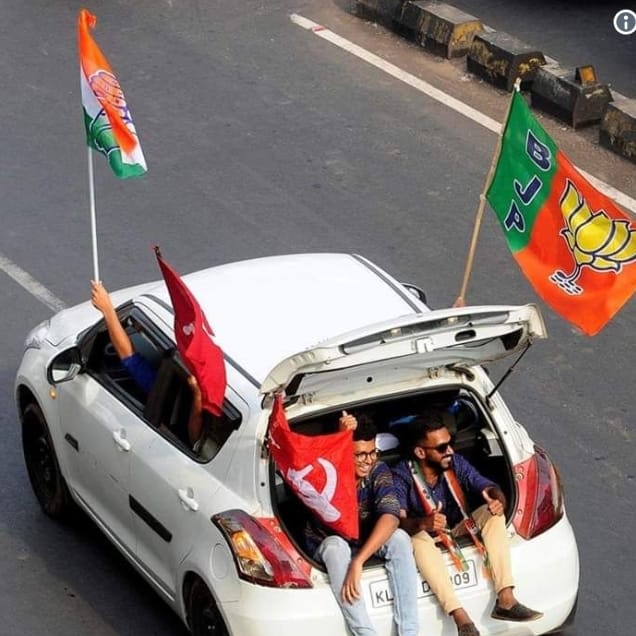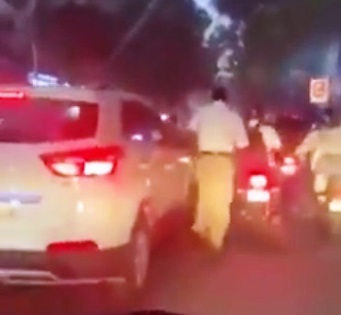The narrative surrounding the Indian polity is becoming murkier. It is undoubtedly election and vote driven. The point however is that, it has reached a new nadir. Never before has a body politics been so coarse and vulgar in its accusations and counter accusations. But accusation is one thing and calling names is another. Personal […]
 Ananya S Guha
Ananya S Guha

The narrative surrounding the Indian polity is becoming murkier. It is undoubtedly election and vote driven. The point however is that, it has reached a new nadir. Never before has a body politics been so coarse and vulgar in its accusations and counter accusations. But accusation is one thing and calling names is another. Personal attacks tarnish not only the person at the receiving end but the body politic and the image of a country. True the elections are on. True the ruling party is desperate to come back again to power. True also that the opposition parties are looking at terms of victory at the regional level. So while alliances are piecemeal each political party says what it wants is including maligning women and ‘ warning’ minorities. Again a majoritarian issue such as Hindu fundamentalism is kept as a trump card to brainwash them into a belief that this country is meant only for the majority. The apex court is passing strictures although it is attempting to desperately maintain objectivity required to uphold the citadel of law. In between code of conduct for the elections are seemingly violated and a vapid Election Commission responds somewhat late. But, better late than never.
The point is that there must be an overall code of conduct for behavioural ethics of politicians. This should be both prior to and after the elections. The people are of course watching and the Indian electorate is always known as moody and unpredictable. The element of surprise cannot be ruled out when it comes to their whims and fancies!
Debates on what is nationalism and secularism have hit the ground as never before. We are in a historical dither. The past politics and allegedly history is purported to be thrown out. Make a clean beginning. But how do we clear the debris?
And the debris is not only related to seventy years of misrule as some claim, but also deep seated in sectarian and religious divisions. Secularism is sought to be redefined. Some even feel that the Constitution may be re written. But we are certainly rewriting history.
The common man and the toiling labourer are under frontal attacks because they are forgotten yet they are desperately needed for votes. What will they do in such a situation, who will they vote for?
In such a situation only a people’s movement transcending politics is the solution, the voice and conscience of a nation irrespective of caste, class and education. History has become an inversion; it is the geography of a mind-set that we must change locating inner qualities of dispassion, probity and rectitude. The politicians are failing us. We cannot fail ourselves.
A peoples’ movement will involve the masses, the educated and the supposedly illiterate. Why are the likes of Anna Hazare keeping quiet now since they were the ones who initially orchestrated such a movement?
Narratives do go through processes of conflict. Indian society is today going through such a painful process, where the past and even a historical edifice is under severe question. If we have to rewrite history it is not only discarding it but using a mode of enquiry which is truthful and dispassionate. Compassion and dispassion are lesser archetypes today. The archetypal voice is one of malfeasance and hatred. Corruption is not only financial, it is the mind and the spirit which are corrupted.
To change the narrative is to rework history. To rework history is to voice a silent protest and for this, elections or no elections the vote should always be for the poor and the oppressed, accessibility towards health and education. Politicisation of everything including the plight of farmers is the bane of Indian society. Can’t we look towards a goal beyond abject politics and the dystopia utopia dialectic? Then only will be able to look at ground realities and the plight of the weak and the scoured.
After the elections are over some will come to power. What about the powerless, the millions whose daily bread are at stake, who have no roofs above their heads, whose homes are the promontories of open roads? How do we transform political power into the power of love and compassion and make the two compatible, something which Plato spoke of?
However the pressing points today are not so much the outcome of elections, but divisions, the polemic of secularism, the idea of nationalism, a basic jingoism trying to take people off from basic issues of development and comfortable living or even sustainability. Crores can be built for a statue but not for homes. Rebuilding homes and a nation are the immediate requirements. Both may be seen symbolically or metaphorically but now we need to move the logic of symbols- people’s movement and a transformed politics of love.





